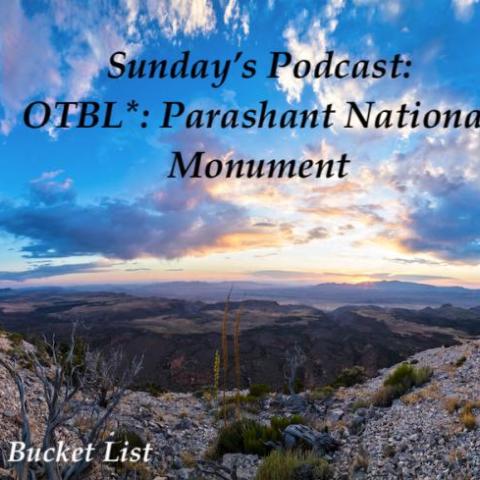National Parks Traveler Episode 84: Fall Lodging In The Parks And Migratory Acadia

Help power the National Parks Traveler’s coverage of national parks and protected areas.




In this week’s show, we question whether national parks can serve as a barrier to slow the sixth mass extinction.
Certainly, the large landscape parks such as Yellowstone and Yosemite and Grand Canyon offer the habitat many species require. But parks are slowly being hemmed in by development, making it harder and harder for species to follow their natural paths across the landscape.
So can they slow the sixth mass extinction? We’re going to be taking a look at that in the coming weeks and months, and today we’ll lay out that proposal in an essay.


A few shows back, Episode 74 to be exact, we treated you to some wildlife sounds captured in the National Park System by a professional sound recording specialist. We’re going to revisit that a bit today, but by taking a deeper dive, if you will.

An early detection of a wildland fire in Denali National Park in June brings to light how enhanced satellite technology is catching smaller fires sooner, providing better detail and more accurate fire predictions and assessments. As a result, fire managers are better able to determine needed actions and resources to meet the unique conditions of Alaska’s landscape.


We continue our look at residential environmental learning centers in this week's podcast. These nonprofit facilities connect people to nature. But they are tasked with serving a greater good -- to foster the development of better global citizens.

Nature is an incredibly powerful and successful teacher. Of course, students need teachers to deliver the lessons. That’s where Residential Environmental Learning Centers come into play in national parks.
Organizations like NatureBridge, the Cuyahoga Valley Institute, the Yellowstone Institute, the Great Smoky Mountains Institute. And the North Cascades Institute. These nonprofit organizations use national parks as their classrooms.


National Parks Traveler is a 501(c) (3) nonprofit.


Here’s the definitive guide to National Park System campgrounds where RVers can park their rigs.
Our app is packed with RVing- specific details on more than 250 campgrounds in more than 70 national parks.
You’ll also find stories about RVing in the parks, tips helpful if you’ve just recently become an RVer, and useful planning suggestions.
